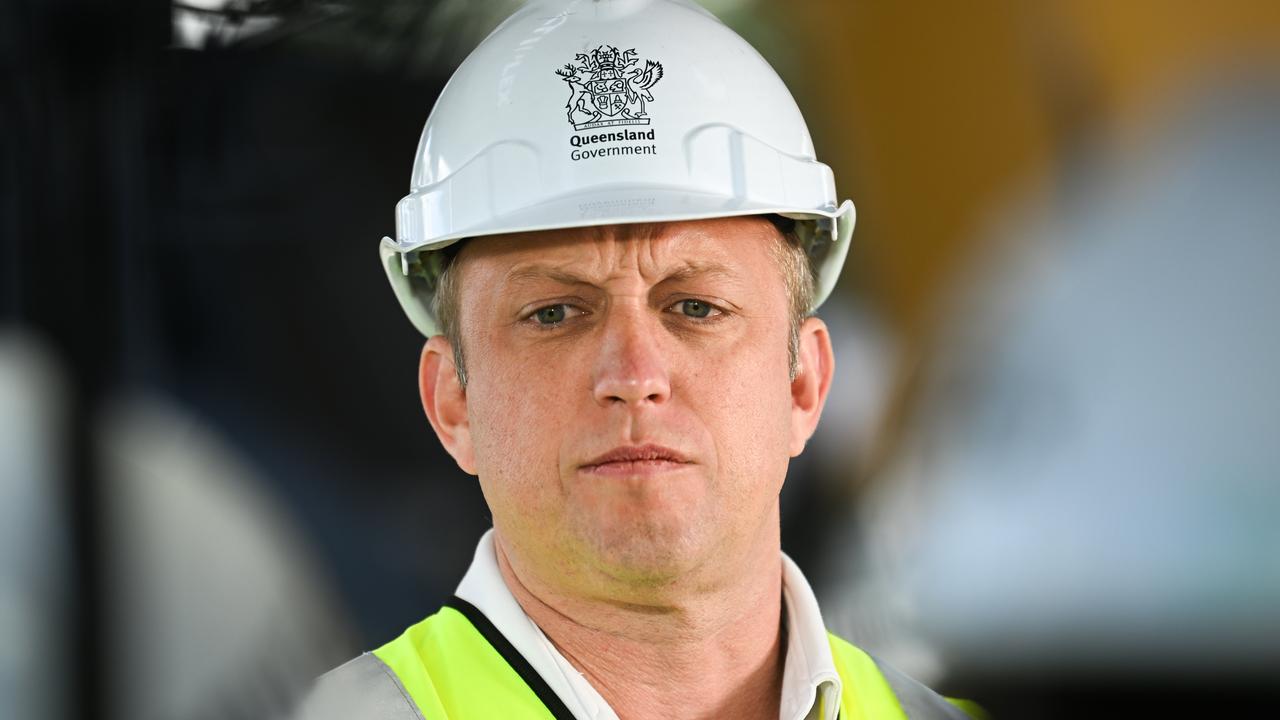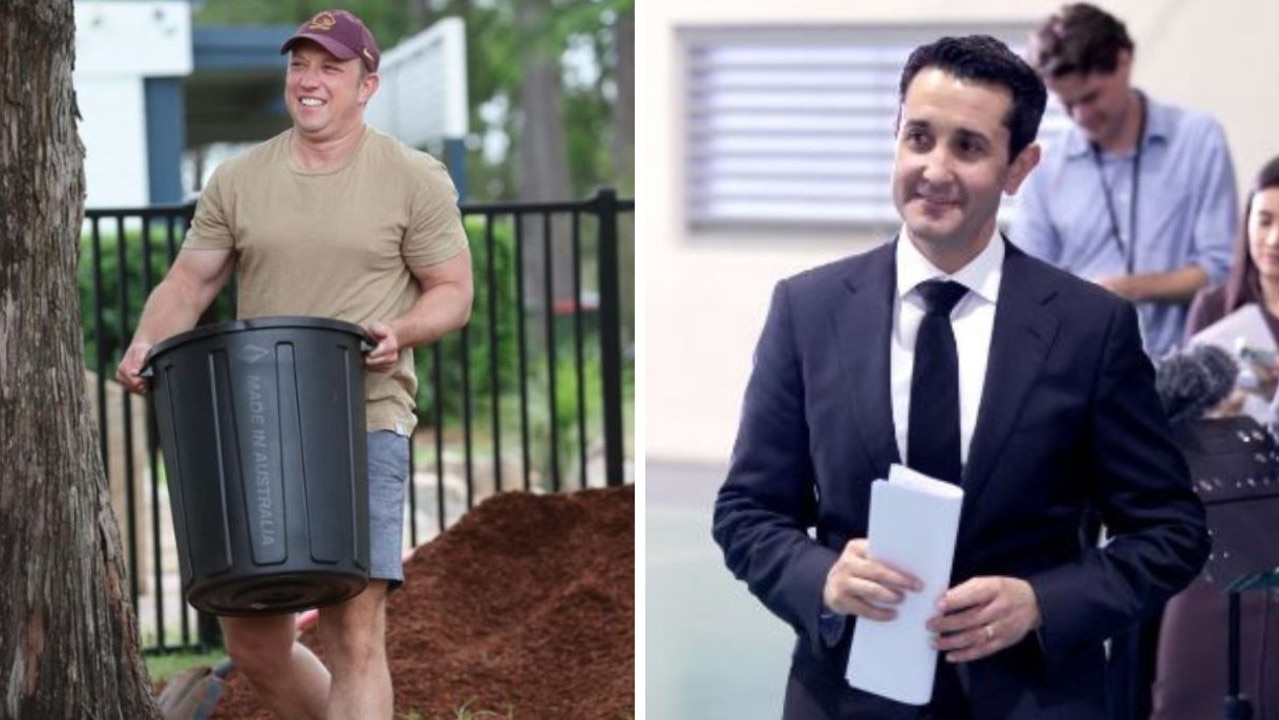Jessica Marszalek: Palliative care must be a necessity not a lucky option
Watching my grandad face impending death and some of my family struggle to accept it has confirmed to me the importance of quality palliative care, writes Jessica Marszalek.
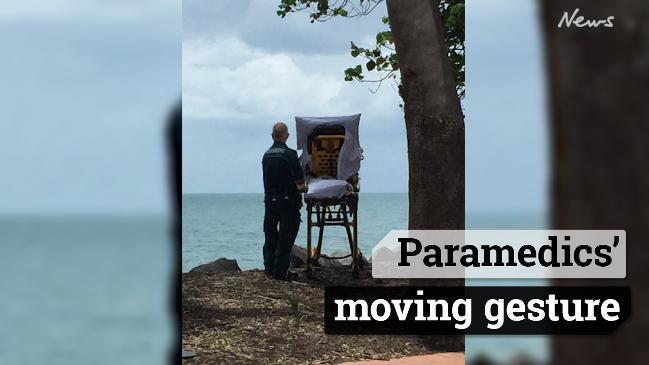
Opinion
Don't miss out on the headlines from Opinion. Followed categories will be added to My News.
We don’t talk about death enough.
That was one of the overwhelming messages we got from speaking to the scores of doctors, nurses and families during our investigation into palliative care.
And it is hard to talk about.
It’s so transcendent. It’s so scary. It’s so final.
It’s hard to write about too.
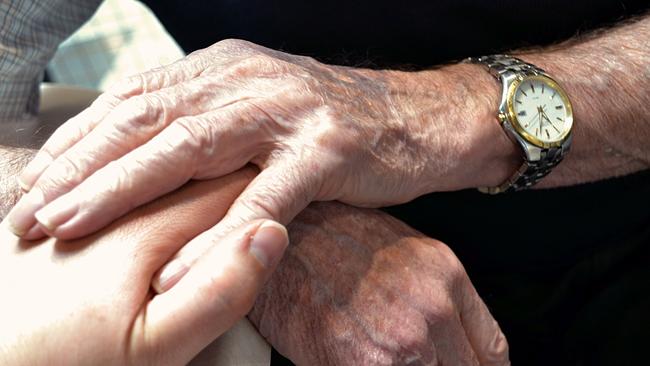
As I sit here and contemplate this column, I find myself thinking about my Grandad and visiting him on his death bed at a hospital in Birmingham, England.
How do I describe that?
It’s not nice to talk about how he looked so crumpled lying there.
How impending death had already sucked enough life out of him that you could somehow feel a reduced presence.
I can still picture him laying there, breath ragged, grasping my father’s hand, his son’s.
Still here, but already gone.
It’s hard to see someone who was so large in life like that.
I knew nothing of palliative care then, although he did die in a hospice hours after finally securing a bed there.
I wonder how it would have helped his partner, who could not accept the end was here and took to trying to force feed him when Grandad refused to eat anything more.
I remember how that made everything so much worse for his children, who didn’t want her undermining their father’s wishes to accept what was coming and meet it on his own terms.
The palliative care experts I’ve spoken to over the past few weeks have told gut-wrenching stories, as well as heartwarming ones.
Some of the ones that jumped out were the stories where people or their families didn’t know they were dying, even at the end.
They couldn’t accept it.
Or uncomfortable or unyielding doctors didn’t understand it was kinder to tell them the truth than leave them still hopelessly hoping for recovery.
But this reluctance to talk about death is what’s helped Queensland’s palliative care services fall into such a state of inequity.
Certainly there are excellent services out there.
We have spoken to families who rave about their nurses and doctors; who call them their angels.
The sad fact is that the people who have died somewhere they didn’t want to be and without the support they needed aren’t here to advocate for themselves and tell us how they were let down.
Their doctors are trying to do that now as they call for the Palaszczuk Government to understand the problems in palliative care and really look at the solutions they’re putting forward.
Health Minister Yvette D’Ath has a lot on her plate dealing with burgeoning hospital and health demands.
But she’s said she wants to think outside the box on solutions. That’s what the palliative care specialists say they’re doing with their plan, which they say will help with the hospital ramping crisis too.
In two months, the parliament will debate and vote on Volunteer Assisted Dying laws that would enable a terminally-ill adult to take a substance and die if diagnosed with less than a year to live.
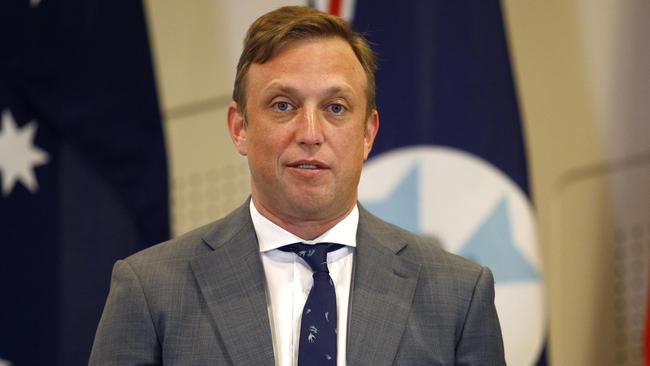
Deputy Premier Steven Miles, who spoke at the Queensland Media Club recently in support of VAD said: “Good palliative care should begin from the moment a patient receives a terminal diagnosis.”
“Many people will receive palliative care up until the point they ask their doctor for voluntary assisted dying medication.”
Whether you support these laws or not, it’s problematic that they stipulate that all Queenslanders have a fundamental right to quality palliative care when experts are saying that, in practice, they don’t have that right now.
During these conversations, I had the privilege of speaking with Jennifer Bywater and her son Matthew.
This incredible woman, just 57 years old and with terminal cancer, says she feels at peace with dying.
She’s thrown a terminal party and has spent the past three years working through a bucket list that lights her up to talk about.
She believes she’ll go to heaven and be with those she loved who have died before: Her mother, father and brother.
She believes a part of her will stay on earth too, and when a memory of her pops into the minds of her son and her friends, they’ll know that means she’s still there with them.
She’s had time to think about these things, supported by excellent palliative care from Mater Health.
I wonder how much lighter the grieving process would be to bear for those who lose their partners, parents, siblings, friends and children if they all had access to the kinds of incredible people who have worked with the Bywaters.



